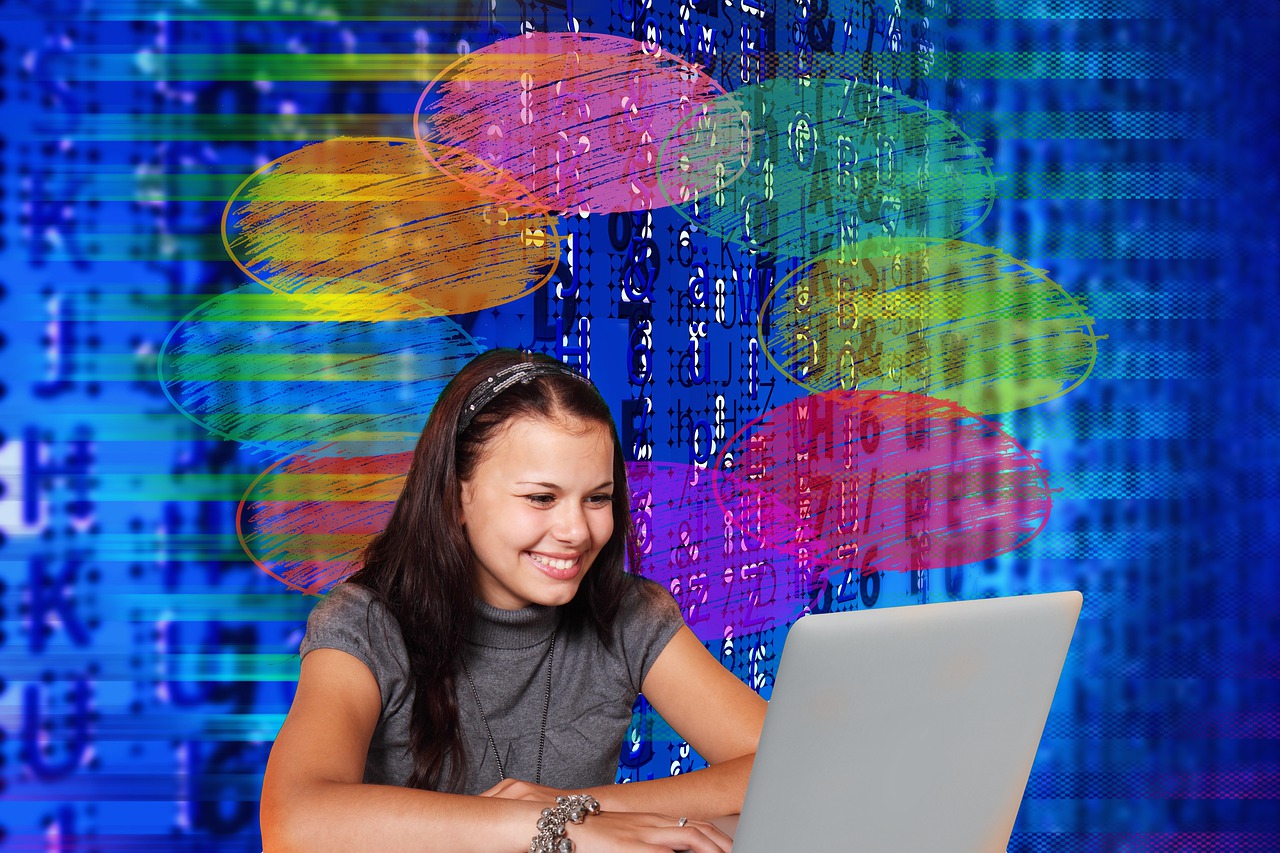

Covid-19: an unexpected ‘trial run’ of accessible digital learning
As I draw to the end of my time at university, I have been reflecting on my experience as a dyslexic student between 2017-2021. Teaching norms and the structure of university education has certainly changed drastically during the Covid-19 pandemic. Just like schools and workplaces, universities have switched to online platforms to deliver education, and like many of my dyslexic peers, this digitalisation has actually been complementary to my dyslexic mind. The recording of lectures has made processing information more straightforward, with the ability to pause lectures and take notes in my own time. Additionally, automated captions allowed me to focus and concentrate on information easily. Exams have also been digitalised, meaning that ‘take home’ exams have become the norm and laptop use is mandatory. It seems that in the shadow of a global pandemic, ideas about accessible arrangements have been reshaped. Now that institutions have been forced to use digital platforms, there is hope that some of these virtual mediums will be around to stay.
Back in 2017, my university, amongst many others, expressed how it would be impossible to record lectures using ‘lecture capture’, which would have made them more accessible to disabled students, including dyslexics. Lecture capture simply means recording lectures as they happen in real life, and then distributing them to students who require the recording. A lot of universities used to argue that recording lectures would lead to fears over ownership and effectively publicise private education. However, given the abundance of recorded lectures during the Coivd-19, there are no reported instances of this occurring, which suggest that this is not as big an issue as previously thought.
The pandemic seems to have forced institutions to trial digital alternatives that they once argued were impossible. But why has it taken a global pandemic to make university content accessible? There has been an endless stream of student campaigns fighting for more accessible education for disabled students, including dyslexics. The Scottish Government has given permission for students to record lectures if they are eligible under the Disabled Student Allowance (DSA), however having tried to do so myself, I can attest that it is very difficult to capture a good quality recording on the equipment provided. Student Unions have argued for years that if universities recorded lectures, the quality of recordings would be better quality under their supervision. Pre-Covid, these campaigns were largely unsuccessful but universities have recently confirmed that they will continue to record lectures and post them online for students after the pandemic. It’s unclear whether this would just be for the benefit of disabled students or for the entire student body, but either way, it’s a massive change.
The way I see it, Covid-19 has forced institutions to adopt countless digital worlds and platforms, many of which we could have never imagined being the norm in our everyday work, school or university life. And luckily for dyslexics, many of these online platforms have been a success and will be around to stay in our everyday lives. However it might have come about, it seems like everyday life is becoming increasingly accessible for dyslexics, and that’s definitely something to be excited about.
Maddy Shepherd, Dyslexia Scotland blogger